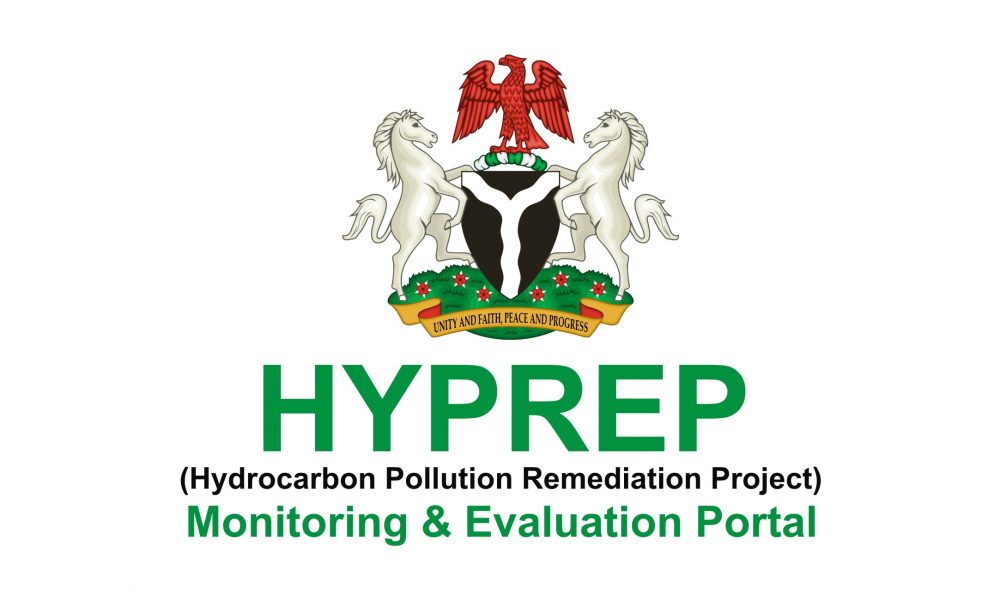The Hydrocarbon Pollution Remediation Project (HYPREP) has taken a significant stride towards enhancing healthcare infrastructure in Ogoniland, Rivers State, Nigeria, with the inauguration of a 14-member Technical Planning Committee. This committee is entrusted with the crucial task of developing a comprehensive operational roadmap for the 100-bed Ogoni Specialist Hospital, a project currently at 76% completion. The committee’s mandate is to ensure that the facility adheres to both national and international standards of healthcare delivery, transforming it into a beacon of hope for the Ogoni people and a testament to the Federal Government’s commitment to implementing the United Nations Environment Programme (UNEP) report recommendations for the region. The committee’s composition reflects a multidisciplinary approach, incorporating diverse expertise to ensure a robust and well-rounded operational framework. Their four-month timeline underscores the urgency and importance of bringing this vital healthcare facility online.
The Ogoni Specialist Hospital represents a significant investment in the health and well-being of the Ogoni community. This initiative is part of a broader effort to strengthen public health infrastructure in the region, which also includes the ongoing construction of the Buan Hospital. HYPREP’s focus on quality healthcare delivery is evident in the hospital’s planned specialized units, which will encompass critical areas such as Oncology, Ophthalmology, Dental, Obstetrics, Gynaecology, and Emergency care. These specialized units will address critical healthcare needs within the community, reducing the need for residents to travel long distances for specialized medical attention. The hospital’s comprehensive approach to healthcare delivery will undoubtedly contribute significantly to improved health outcomes for the Ogoni people.
Professor Nenibarini Zabbey, HYPREP’s Project Coordinator, emphasized the strategic importance of the Technical Planning Committee, highlighting its role in ensuring the hospital’s functionality aligns with global best practices. The committee is tasked with developing a meticulous plan encompassing healthcare standards, policies, and regulatory frameworks. This comprehensive approach will guarantee that the hospital operates within established guidelines and best practices, ensuring the delivery of high-quality healthcare services. Zabbey stressed the Federal Government’s unwavering commitment to fulfilling the recommendations outlined in the UNEP report, particularly those aimed at improving public health outcomes in Ogoniland. This commitment signals a long-term investment in the well-being of the community and a dedication to addressing the environmental and health challenges faced by the region.
Professor Christie Mato, Chair of the Technical Planning Committee, expressed the committee’s dedication to ensuring the hospital’s accessibility and affordability for all Ogoni residents. This commitment aligns with the overarching goal of making quality healthcare a reality for everyone in the community, regardless of their socioeconomic status. The committee’s dedication to affordability and accessibility underscores their understanding of the community’s needs and their commitment to equitable healthcare provision. The hospital is envisioned as a symbol of hope and a tangible manifestation of the ongoing efforts to uplift the Ogoni people and address the historical injustices they have faced.
The meticulous planning process for the Ogoni Specialist Hospital involves a multi-stage review process to ensure alignment with the project’s objectives and community needs. The committee’s recommendations will be carefully reviewed by HYPREP management before submission to the Governing Council for final approval. This rigorous review process ensures transparency and accountability, allowing for input from various stakeholders and guaranteeing that the final operational framework meets the highest standards of excellence. The collaborative approach taken by HYPREP demonstrates a commitment to inclusive decision-making and community engagement.
The Ogoni Specialist Hospital embodies a significant step towards addressing the long-standing health challenges faced by the Ogoni community. By providing access to specialized medical services, the hospital will improve health outcomes, enhance the quality of life, and foster a sense of hope and progress within the region. The meticulous planning and commitment to international standards underscore the project’s aim to create a sustainable and impactful healthcare facility that will serve the Ogoni people for generations to come. The hospital stands as a symbol of resilience, recovery, and a brighter future for the community.


